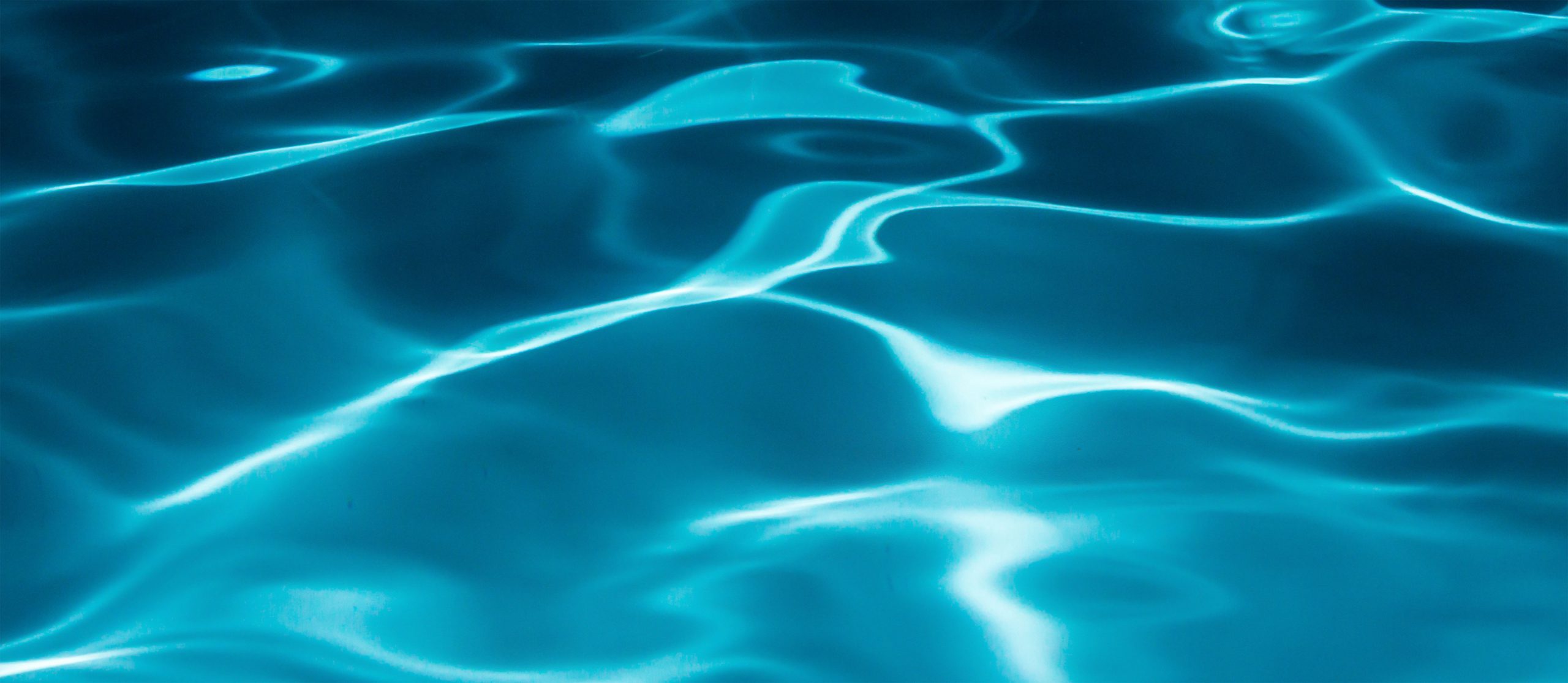3 common myths about salt water systems dispelled
- May 30, 2014
- Pool Industry News and Tips,
Owning a pool can provide endless hours of fun and entertainment for people of all ages. As the temperature continues to rise in the San Diego area, you may be looking at your pool and thinking of ways to spice up the swimming area for the summer. Most major renovations can be costly, both in time and money.
Although you can choose to change the aesthetics of your pool, you might also want to consider switching to a salt water system. While it has numerous benefits, there are a few common myths about salt water systems that need debunking.
1. They're too hard to maintain.
Emoyer.com explained that many people often think using salt water in their pools is difficult to manage after years of standard chlorine. However, the fact of the matter is that this kind of system requires considerably less maintenance than other filtration set ups. This is because the sanitizer itself is produced directly at the pool and is more natural than chlorine chemicals. Each season, all you need to do is simply rinse the system's electrode to properly maintain the cleanliness of your water. No more measuring of chemicals to try and rid your pool of that green film of algae.
2. They're corrosive to pool equipment.
Intec American Corp. suggested that a downside to salt water systems is that they cause corrosion in the surrounding environment. While metal is susceptible to corrosion – just think of chain link fences – furniture, sheds and lawn equipment, the salt from the pool is hardly destructive when used correctly. Yet, much like chlorine systems, salt water has to be regularly tested and adjusted to accommodate for any chemical factors that may have changed. By keeping these standards in an optimal range, owners can ensure that the filtration system doesn't cause any destruction to property.
3. They're more expensive than traditional chlorine.
When you decide to invest in a salt water system, the majority of your out-of-pocket costs will be attributed to the filtration device and a healthy supply of salt. Compared to a standard chlorine system, salt water becomes a much more affordable option over time. Owners can eliminate having to drive to the supply store and pick up expensive chemicals to add to their pool every month, according to Emoyer.com. With this economical option, you can ensure that your swimmers are safer and that you're practice eco-friendly habits too!


